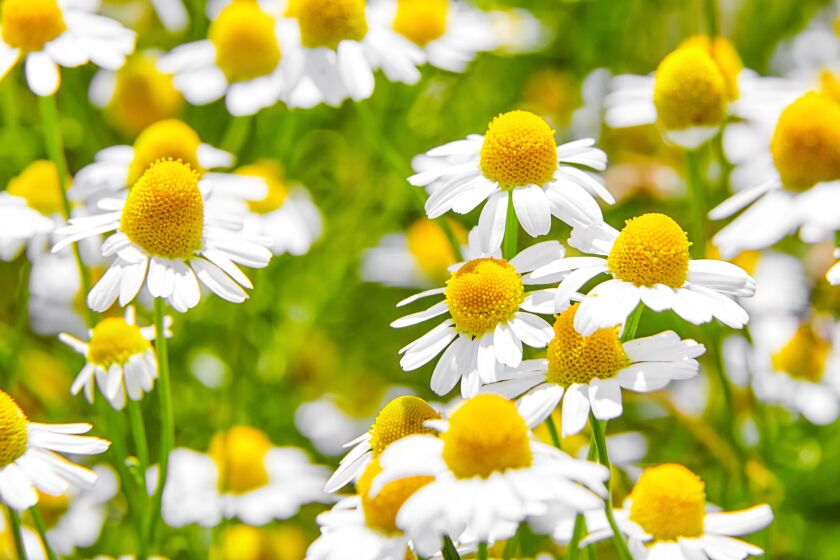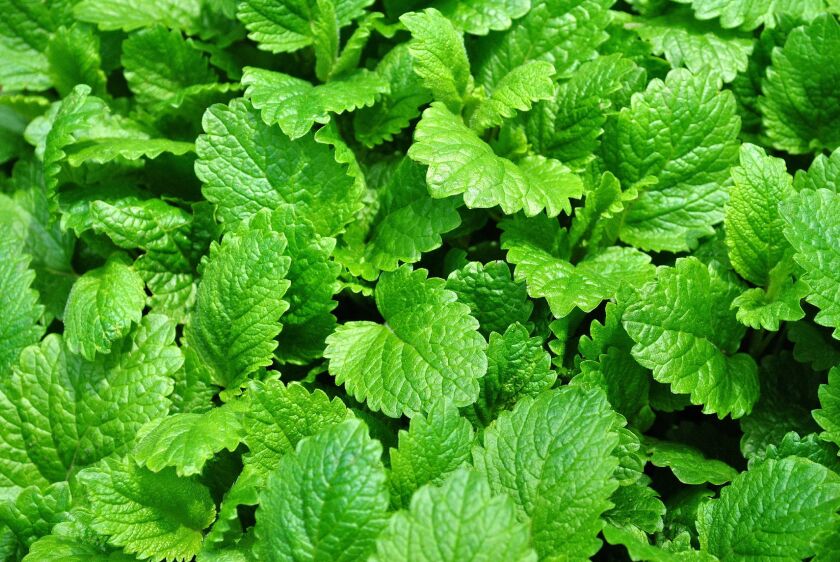Many plants have traditional uses as tinctures and teas for promoting calm and sleep. Now, science is uncovering why.
Many sedative drugs activate GABA receptors, which inhibit excessive brain activity, helping keep us calm during the day and promoting restful sleep at night.
Many plants do, too. Here’s a rundown of some of them:
Chamomile
Chamomile is an ancient medicinal herb. It’s sometimes used as a mild sedative to calm nerves, reduce anxiety and treat insomnia. Research using prescribed doses of chamomile extract to reduce symptoms of generalized anxiety disorder looks promising.
Kava
Kava is a beverage or extract made from the plant Piper methysticum, a perennial shrub in the pepper family that’s native to islands in the South Pacific, where it’s a popular drink, consumed to promote relaxation. Kava often is used to reduce stress and restlessness and o promote better sleep. Compounds in kava called kavalactones are thought to be responsible for its calming effects and in appropriate doses can help ease moderate anxiety.
Lemon balm
Lemon balm, or Melissa officinalis, is an herb included in many calming tea blends. Studies have found lemon balm can help reduce stress, insomnia and mild to moderate anxiety. And it’s delicious.
L-theanine
L-theanine is an amino acid found in green tea associated with improvements in mood and reduction of stress and symptoms of anxiety. A 2020 review found that L-theanine might help reduce stress and anxiety, though it also said larger and longer-term clinical studies are needed to confirm that.
As with other dietary supplements, herbal preparations aren’t regulated by the federal Food and Drug Administration. And manufacturers don’t have to prove their products produce results.
To make sure what you’re buying contains what it says it does, buy from reputable manufacturers, preferably those that have undergone third-party testing and certification from groups such as ConsumerLab, U.S. Pharmacopeia or NSF International.
Environmental Nutrition is an independent newsletter written by experts on health and nutrition.








